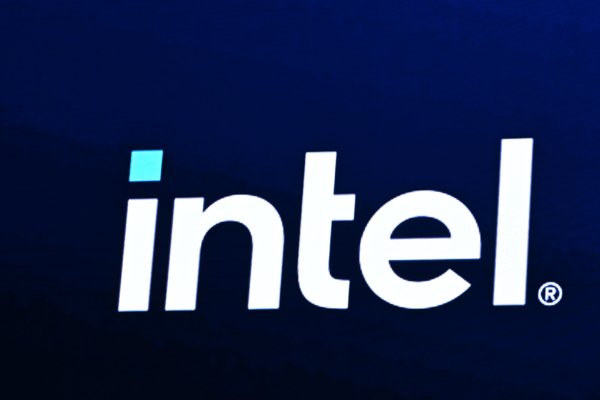Intel CEO Chen Liwu stated that he plans to divest the company’s non-core assets and develop new products, including customized chips, to better meet customer needs.
On Monday, March 31st, Chen Liwu made his first speech as CEO at the Intel Vision 2025 conference. He emphasized the need for Intel to replenish lost engineering talent, improve the balance sheet, and adjust the manufacturing process. However, Chen did not specify which businesses he believes are not part of Intel’s core operations.
Chen took office on March 18th and returned to the Intel board. He previously served as the head of the EDA giant, Cadence Design Systems Inc.
Intel had dominated the chip field for decades, but is now facing challenges as an industry laggard — dealing with market share losses, manufacturing setbacks, and sharp declines in revenue. The company is also burdened with massive debts and recently announced layoffs of about 15,000 employees.
One key question facing Intel leadership is whether to maintain integrity or split key products and manufacturing operations, with each option having its own merits in turning the situation around.
Chen Liwu did not disclose which non-core businesses would be divested, but he highlighted the need to make Intel’s data centers and AI chips more successful.
“We have fallen behind in innovation,” he said. “Our adaptability and responsiveness to customer needs have been too slow.”
Chen emphasized that a customer-centric approach will be the cornerstone of Intel’s strategy to grasp the development of emerging technologies and seize major opportunities in software, hardware, and chip manufacturing engineering in the future.
Speaking to customers, Chen Liwu stated: “We have a lot of hard work ahead of us. There are areas where we have not met your expectations.”
He stressed the adoption of software-led design methods to develop dedicated chips to support customers’ critical workloads.
Chen Liwu mentioned that Intel needs to listen to potential customers’ opinions and allow them to specify product designs and manufacturing processes, rather than Intel making those decisions. He said many large customers want customized components, and Intel will provide customized services for them.
The CEO repeatedly emphasized that there are no quick fixes for Intel’s current situation but pledged to remain with the company.
“This will not happen overnight, but I believe we can do it,” he said.

